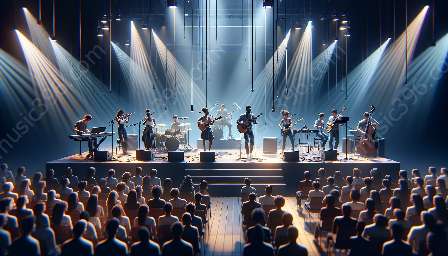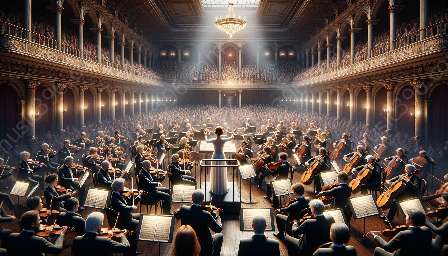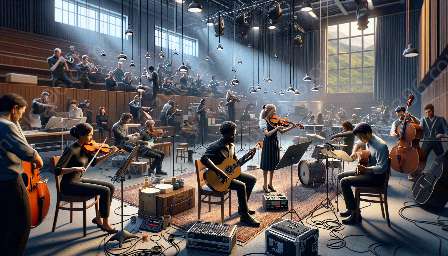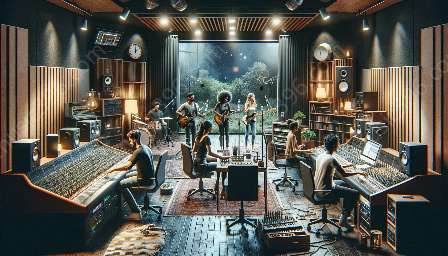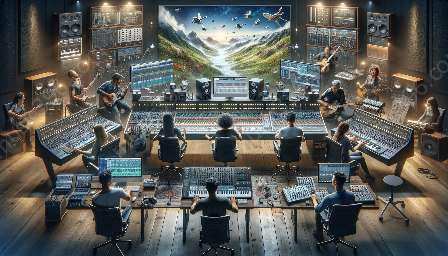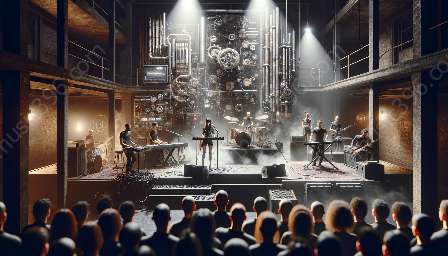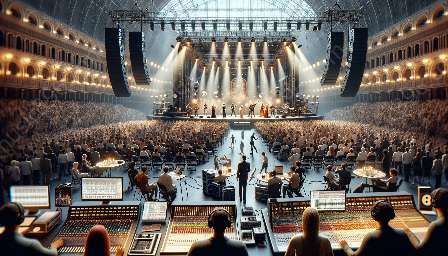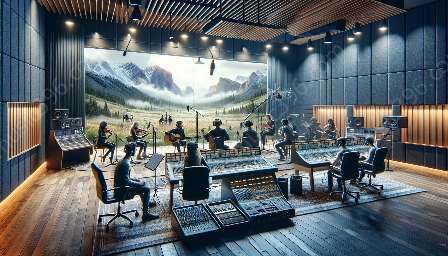Sound engineering plays a critical role in music performance management, enhancing the quality of live music experiences. This article explores the intersection of sound engineering and music performance, highlighting the importance of audio technology and expertise in managing successful music performances.
The Role of Sound Engineering in Music Performance Management
Music performance management encompasses the planning, coordination, and execution of live music events. Sound engineering is an integral part of this process, shaping the auditory landscape and ensuring that the audience enjoys an immersive and high-quality sonic experience.
Enhancing the Audience Experience
Sound engineers are responsible for optimizing the sound quality during live music performances. They use a combination of technical skills and audio equipment to deliver clear, balanced, and impactful sound to the audience. By adjusting levels, EQ settings, and spatial effects, sound engineers create an optimal listening environment that complements the musicians' performance.
Technical Expertise and Equipment
Sound engineers rely on a range of specialized equipment, including microphones, mixing consoles, amplifiers, and signal processors, to capture and manipulate sound during music performances. Their technical expertise enables them to manage complex sound setups, accommodate diverse musical styles, and address various acoustic challenges in different performance venues.
Collaboration with Musicians and Producers
Collaboration between sound engineers, musicians, and music producers is essential for effective music performance management. Sound engineers work closely with artists and producers to understand their sonic preferences, interpret musical arrangements, and translate artistic visions into captivating soundscapes during live performances.
Sound Engineering Techniques for Music Performances
Sound engineers employ a range of techniques to enhance music performances, including:
- Stage Monitoring: Sound engineers manage stage monitor systems to provide musicians with clear and accurate feedback, ensuring optimal communication and performance cohesion.
- Acoustic Optimization: They assess the acoustic characteristics of performance venues and implement sound reinforcement strategies to mitigate acoustic challenges and deliver consistent sound quality.
- Live Mixing: Sound engineers perform live mixing, adjusting sound levels and effects in real-time to accommodate dynamic changes in the music and ensure a seamless auditory experience for the audience.
- Audio Recording: They may simultaneously capture live audio recordings for archival purposes or post-event production, requiring meticulous attention to detail and accuracy.
Integration of Sound Engineering and Music Performance Management
Successful music performance management integrates sound engineering seamlessly into the overall production process. This integration involves:
- Pre-Event Planning: Sound engineers collaborate with event organizers, venue staff, and artists to plan the technical requirements, equipment setup, and sound design for the performance.
- On-Site Coordination: During live events, sound engineers manage the technical aspects of the performance, coordinating with stage crews and audio staff to ensure smooth execution and troubleshoot any unforeseen challenges.
- Post-Event Evaluation: After the performance, sound engineers assess the audio production, gather feedback from the artists and audience, and identify areas for improvement in future music performance management endeavors.
The Business of Music Performance Management
Sound engineering is not only about technical expertise but also a crucial component of the business aspects of music performance management. Economic considerations, such as cost-effective equipment selection, budget management, and maximizing return on investment, play a significant role in shaping the decisions and strategies of sound engineers within the broader context of music performance management.
Future Trends and Innovations
Advancements in audio technology, such as immersive audio experiences, spatial audio processing, and interactive sound systems, continue to shape the landscape of sound engineering in music performance management. Sound engineers must stay abreast of these innovations to deliver unparalleled sonic experiences and remain competitive in the evolving music industry.
Conclusion
Sound engineering is a fundamental element of music performance management, enhancing the audience's perception, complementing musicians' artistry, and contributing to the overall success of live music events. The intersection of sound engineering and music performance management illustrates the symbiotic relationship between technical expertise, artistic expression, and the business of delivering exceptional live music experiences.


